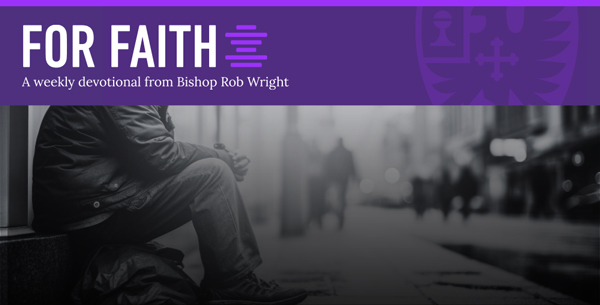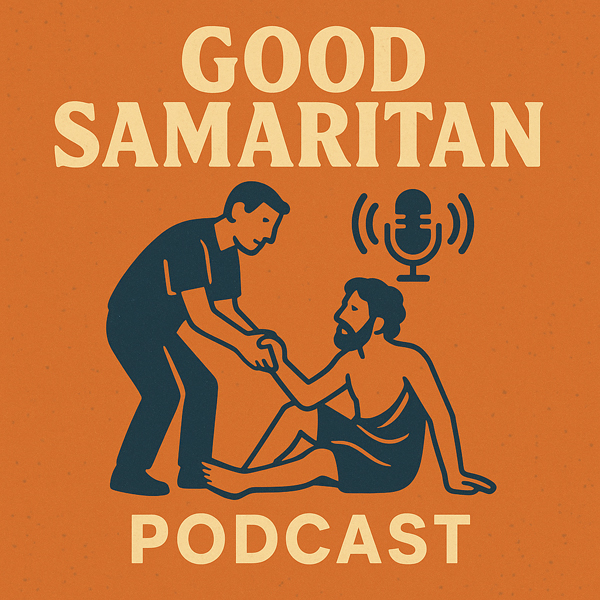I. Theme – God’s call challenges us to obedience, compassion and action for justice

"The Good Samaritan" – Van Gogh (1890)
The lectionary readings are here or individually:
First Reading – Deuteronomy 30:9-14
Psalm – Psalm 25:1-9
Epistle – Colossians 1:1-14
Gospel – Luke 10:25-37
Today’s readings focus on God’s call challenging us to obedience, compassion and action for justice. In Deuteronomy (Track 2), Moses assures the people that God’s call to obedience is not too difficult nor is it hidden. Paul writes that Christ, the image of the invisible God, is our Creator, Sustainer and Reconciler. Jesus answers a lawyer’s question by telling the story of the Good Samaritan.
What we say about ourselves is not nearly as important as how we live out what we say—how we live out our lives with Christ. We are called by God throughout scripture and tradition to care for the poor, the outcast, the oppressed, and the marginalized—but throughout our history and scripture, we have found ways to make excuses. We have put ourselves before others and have justified our way of life, while others around us and in the world continue to suffer. We cannot remain ignorant of the struggles of others. Eventually, justice catches up to us
Moses warned the people in the wilderness, and they did not listen. Jesus questions the lawyer who wants the right answer to be given, who wants to speak aloud the truth, and helps him to realize that it is about a love that shows mercy, a way of living towards others. How are we living out our faith? Are we just saying what we believe in? Is it more important to have the right statements of faith, or is it more important to do what Jesus has called us to do and live out our faith?
How often have we passed by persons in need or deferred social involvement to keep our own schedule ? We are not bad persons either; we simply place our broad spectrum vocational callings ahead of the concreteness of God’s call in the present moment.
Our challenge is to grow in stature, so that we can creatively and lovingly balance our personal and institutional responsibilities, including our self-care and care for families and congregations, with the unsettling challenges to go beyond our immediate responsibilities so that we may become God’s partners in healing the world. Jewish mystics remind us that to save one soul is to save the world. From a God’s eye view, this means to care for our loved ones and ourselves as well as those who are loved by God and beyond the walls of our communities. This will lead to agitation but our agitation will find completeness and comfort in feelings of wholeness which emerge when we join our well-being with the well-being of our most vulnerable local and global companions.
Read more





 Pentecost 5 – Good Samaritan
Pentecost 5 – Good Samaritan